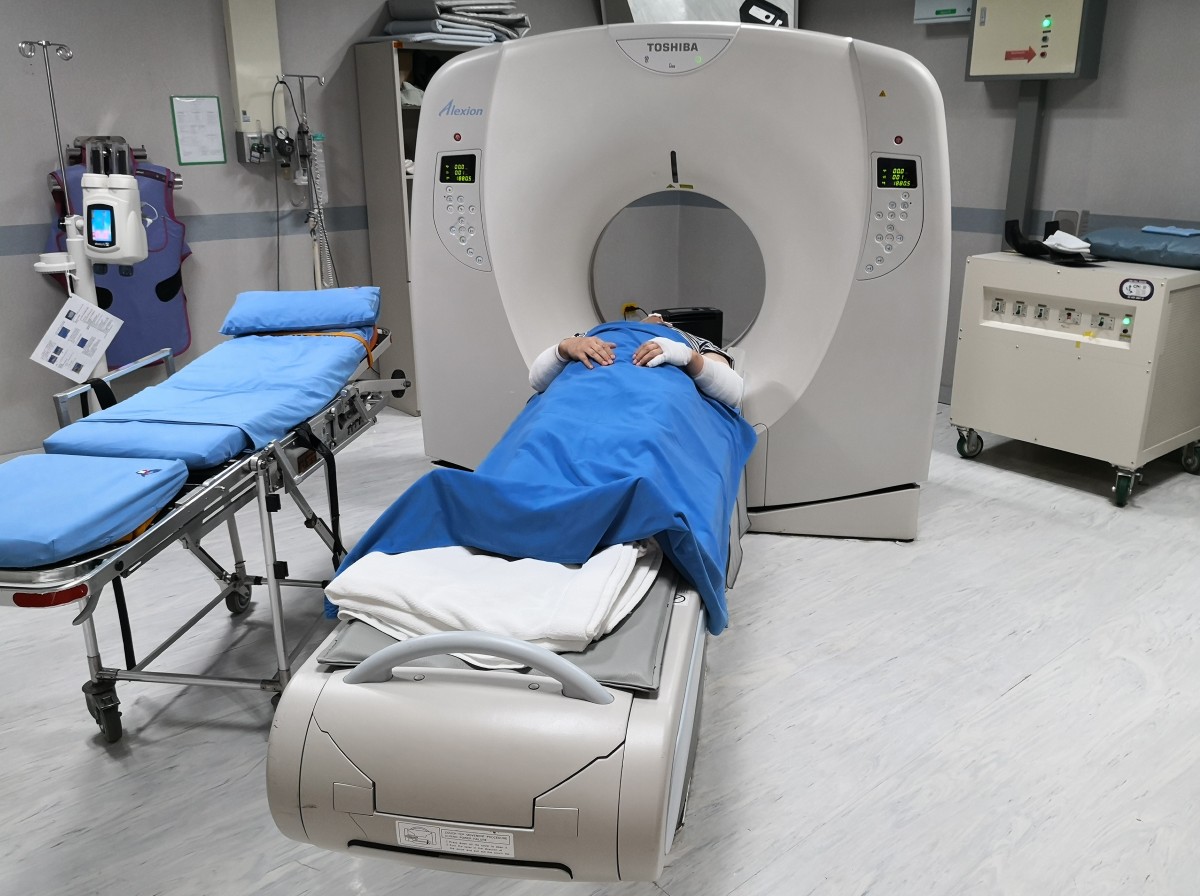Life-threating pandemics create extraordinary challenges for governments, health care systems and supply chains. SAS works with health and government organisations across the globe to respond to COVID-19’s unique challenges by putting data to work and supporting analytics-based decisions. These challenges include:
- Helping hospitals use predictive analytics to allocate critical, high-demand resources.
- Collaborating with public health officials to build epidemiology models that forecast impacts on populations and infrastructure.
- Working with governments to optimise medical resources so citizens get the best health outcomes possible.
“The response to COVID-19 is made more complex by the pandemic’s constantly changing dynamics, requiring health and government decision makers to quickly understand, measure and react,” said Mark Lambrecht, SAS Global Director for Health and Life Sciences. “And this response requires a multifaceted approach, including the ability to rapidly collect data and integrate data sources, forecast peak demand and identify hot spots where inventory and personnel shortages will affect care, and taking action to prioritise and allocate resources.”
Policlinico Gemelli Hospital, Italy
Top-level hospitals such as Policlinico Gemelli in Rome have faced an urgent need for information from the services and departments involved in the COVID-19 emergency. This includes predicting in the short term the number of cases; analysing diagnostic/therapeutic information collected from medical records; reporting and optimising allocation of resources; and preparing analysis tools with AI to plan a long-term response.
The rapid coordination of medical resources, made possible with SAS, informs data-driven decisions that help make the best choices for patients.
“We are honoured to be alongside the Policlinico Gemelli to face this situation together,” said Mirella Cerutti, Managing Director of SAS Italy. “SAS’ experience and analytical capacity together with dedicated solutions are supporting all departments involved in the pandemic.”
The Robert Koch Institute, Germany
Analytical software can help solve one of the greatest challenges of a pandemic by forecasting where and – most importantly – when intensive-care personnel and resources are needed. The Robert Koch Institute’s forecasting platform, developed in just a few days with SAS, helps track and optimise use of intensive care beds with ventilators.
Using analytics software, the new information system not only shows the current use of existing intensive care beds but also forecasts the expected demand for resources. This way, government agencies and hospitals can adjust the deployment of resources in advance to meet expected demand. In addition, interactive reporting on the current situation is available to facilitate better planning of staff and supplies.
“SAS has made it a top priority to help the world get through this crisis. That’s why we’ve decided, together with Robert Koch Institute as our partner, to build this platform,” said Annette Green, Vice President of the DACH region at SAS.
Cleveland Clinic, United States
Medical-resource optimisation is critical in times of crisis. To respond to the coronavirus pandemic, Cleveland Clinic and SAS have created innovative models to help hospitals forecast patient volume, bed capacity, ventilator availability and more. The models, freely available via GitHub, provide timely, reliable information for hospitals and health departments to optimise health care delivery for COVID-19 and other patients and to predict impacts on supply chain, finance and other critical areas.
Unlike some forecasts that focus on a projection based on a single set of assumptions, these analytic models were used to create worst-case, best-case and most-likely scenarios, and can adjust in real time as the situation and data change. For example, the models can factor in social distancing’s dampening effect on disease spread.
Cleveland Clinic is using the models to support its decision making. With this information, Cleveland Clinic can predict and plan for future demands on the health system, such as ICU beds, personal protective equipment and ventilators.
Bulgarian Council of Ministers
SAS and its partner Software Group, a global IT company specialising in digitalisation, have joined forces to launch an integrated platform to support the Bulgarian government’s fight against COVID-19. The system, named COV.ID, is a national centralised register of COVID-19-related cases in Bulgaria to help the Bulgarian Council of Ministers reduce the spread of the virus.
COV.ID digitalises personal and medical data collection from institutions working with COVID-19-related cases, such as regional health inspectors, border police, Ministry of Interior, general practitioners, hospitals, laboratories and municipalities. The system is integrated with SAS® Visual Analytics, which provides interactive, multidimensional visualisations and automated analysis of epidemiological data as well as predictions about the potential impact of the epidemic.
“We are very proud to contribute to the fight against the pandemic,” said George Robev, Country Leader for SAS Bulgaria. “By providing a solution that can crunch large amounts of data and give meaningful insights, we help authorities to make the right decisions.”
Empowering decisions with analytics
“SAS is committed to helping customers make the best decisions at this critical time,” said Steve Kearney, SAS Global Medical Director. “SAS has a long history of working with health care and life sciences organisations around the world, and we are using our most advanced technology in innovative ways to help our customers make the best decisions to respond to the pandemic.
“We are also focused on the use of analytics to improve situational awareness, ensure demand-planning stability, develop vaccines and support contract tracing to fight the COVID-19 pandemic.”




